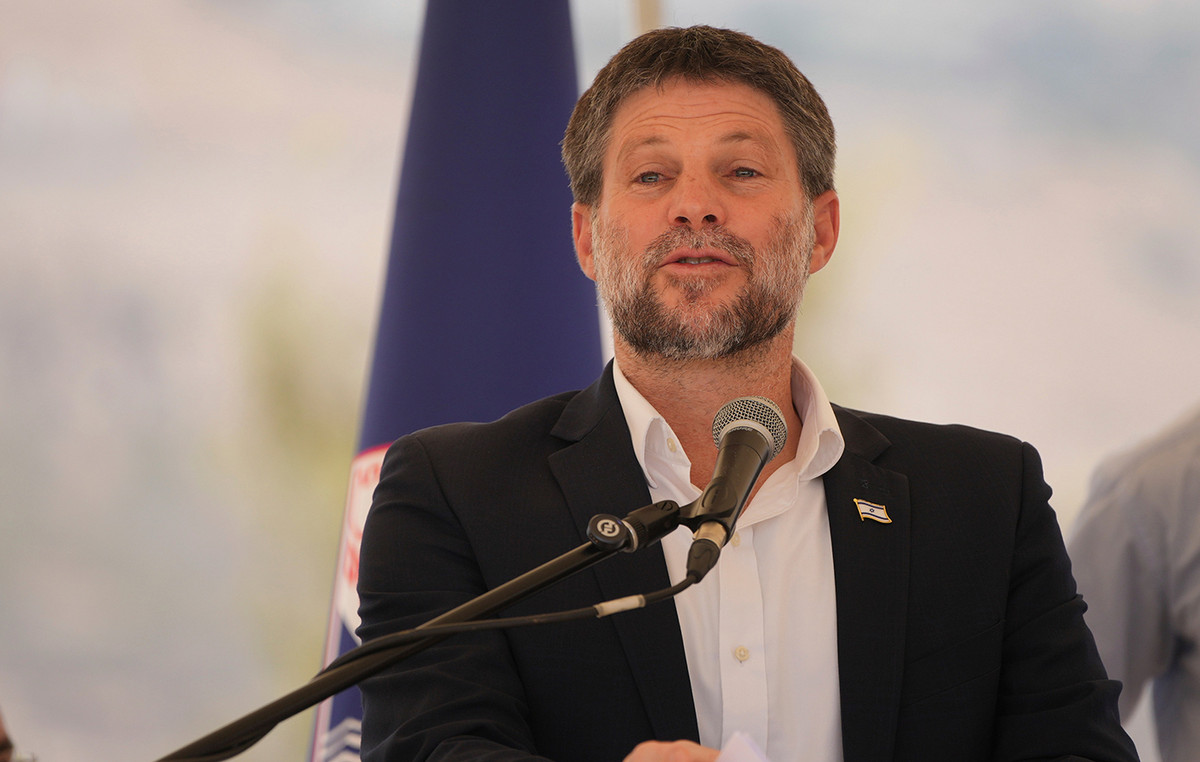In a conversation with reporters moments before the beginning of the Chamber of Deputies session this Tuesday (15), the president of the House, Arthur Lira (PP-AL), commented on the Fake News PL, which provides for the creation of rules for content moderation, a criminal offense to combat the spread of fake news on the internet and the requirement that companies have a legal representative and headquarters in Brazil, to facilitate contact with the country’s authorities.
“We are not going to make a law for a certain case, for a certain person or for a certain purpose. It has to be a moderate law. These technology issues always advance very quickly, and it has to have a structuring part”, stated Lira.
According to the president of the Chamber, the project will be discussed with the various benches and should be voted on in plenary as early as next week. Lira also stressed that the discussion around the PL will not be a “question of national dispute over Telegram“.
“And this matter will be dealt with naturally in the legislation, we are not going to make it a national agenda of a clash like there have been several. So this will be dealt with normally,” he said. Lira reinforced that “freedom of expression must be preserved” in the text of the project.
The president of the Chamber defended that the messaging application Telegram has an official representation in Brazil so that it can comply with court decisions, receive official letters and establish communication with public bodies.
The Superior Electoral Court (TSE) signed an agreement with eight technology companies to prioritize official content. Representatives from Google, WhatsApp, Facebook, Instagram, YouTube, Twitter, TikTok, LinkedIn and Kwai were present at the ceremony.
Telegram, however, could not be reached by the Court to discuss the matter. Thus, TSE ministers expect some action from Congress before a possible legal action against the platform.
One possibility is the Fake News Bill (PL 2630), which has already been approved by the Senate and is now reported by Deputy Orlando Silva (PCdoB-SP). According to the parliamentarian, the project is neutral from a technological point of view because it does not focus on any application. “The law must apply to everyone who works in this market,” he said.
*With information from Tiago Tortella, from CNN
Source: CNN Brasil







